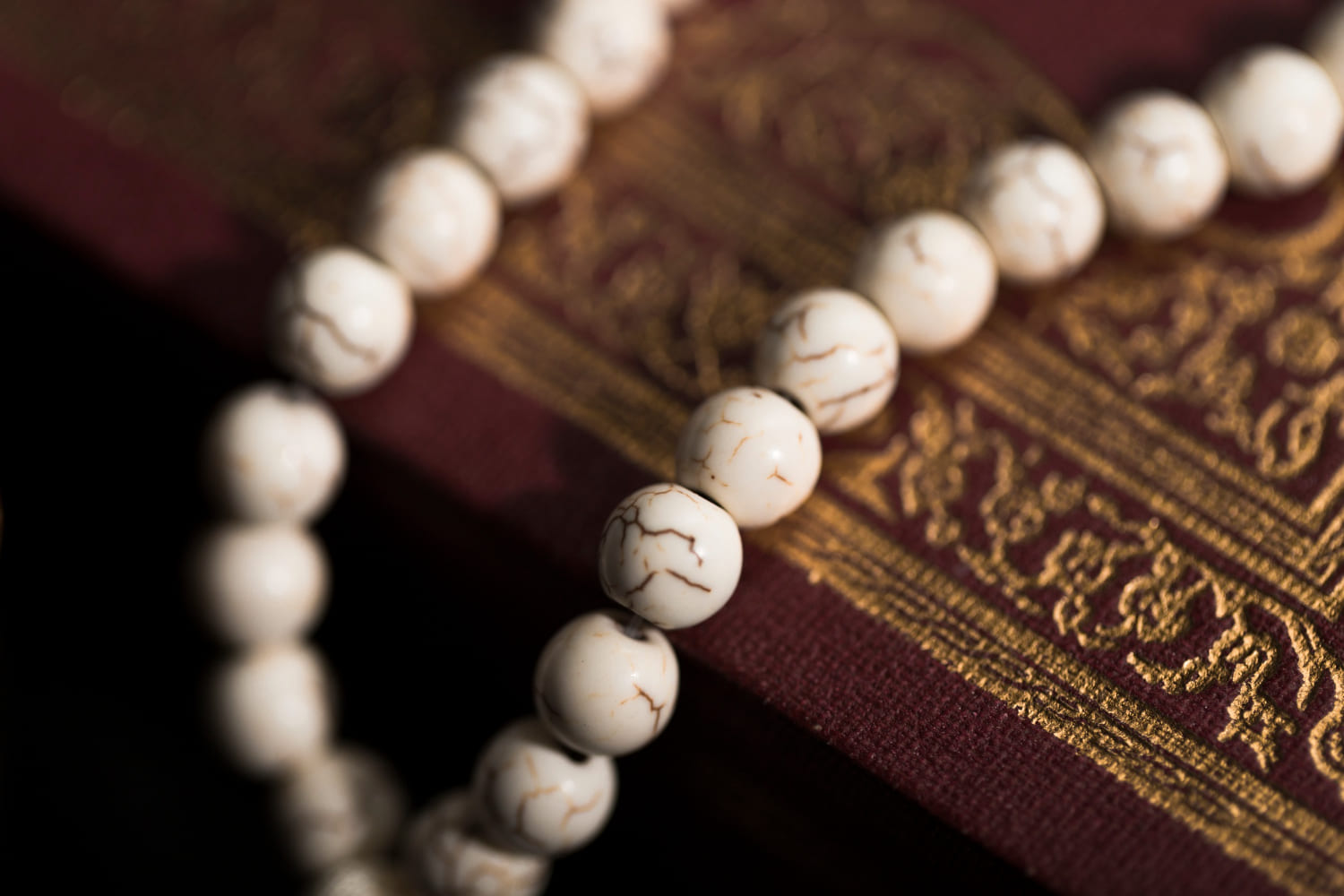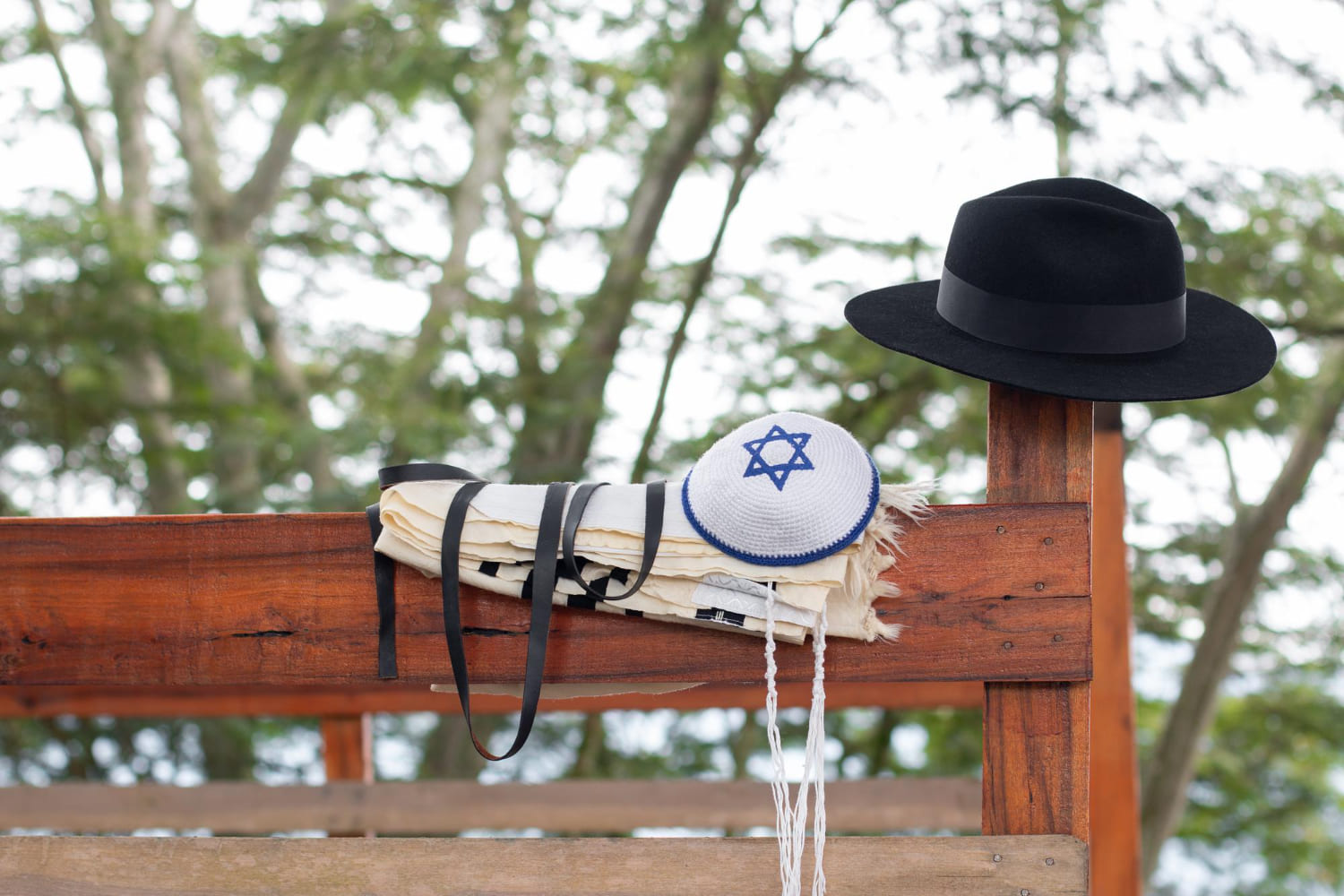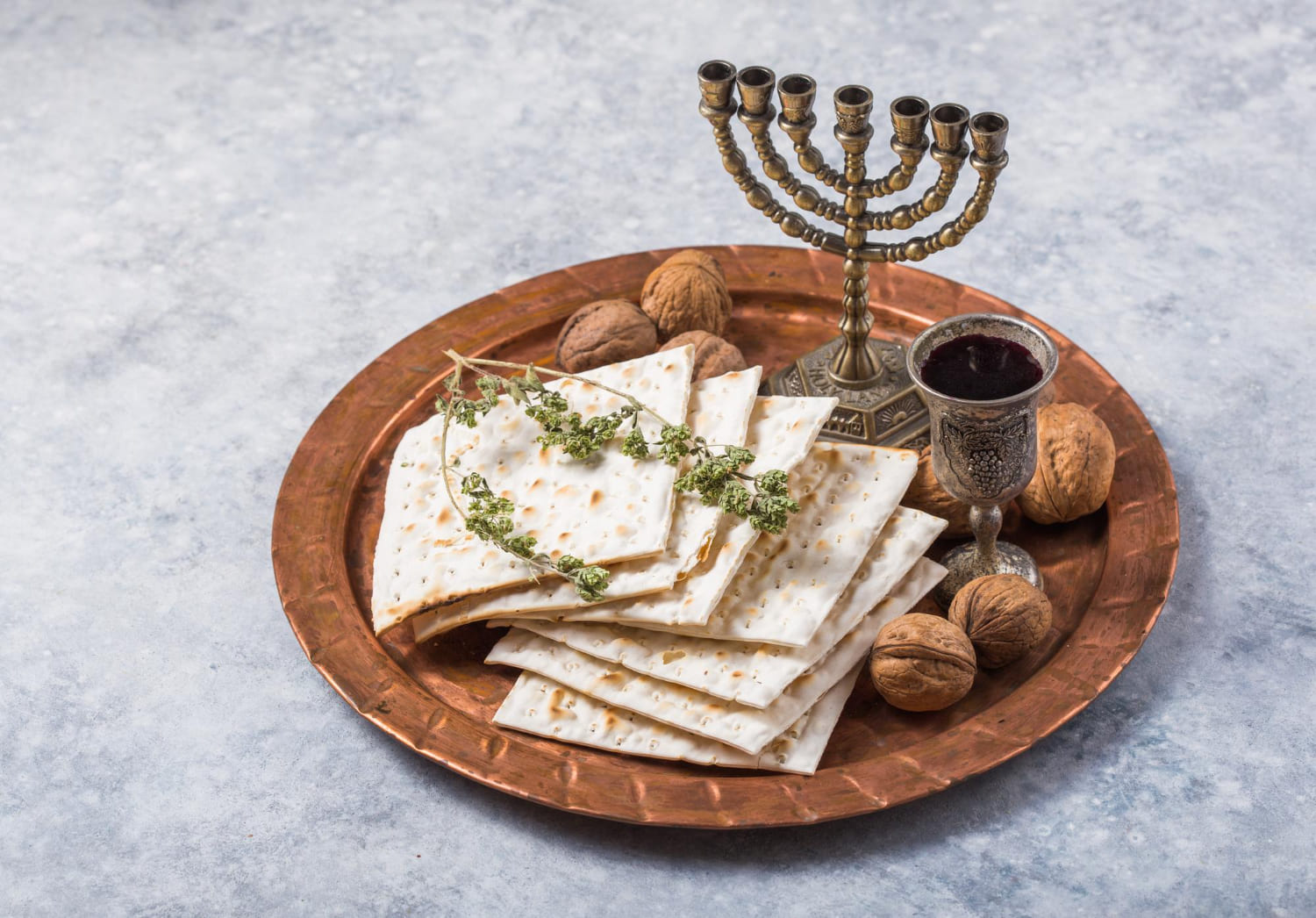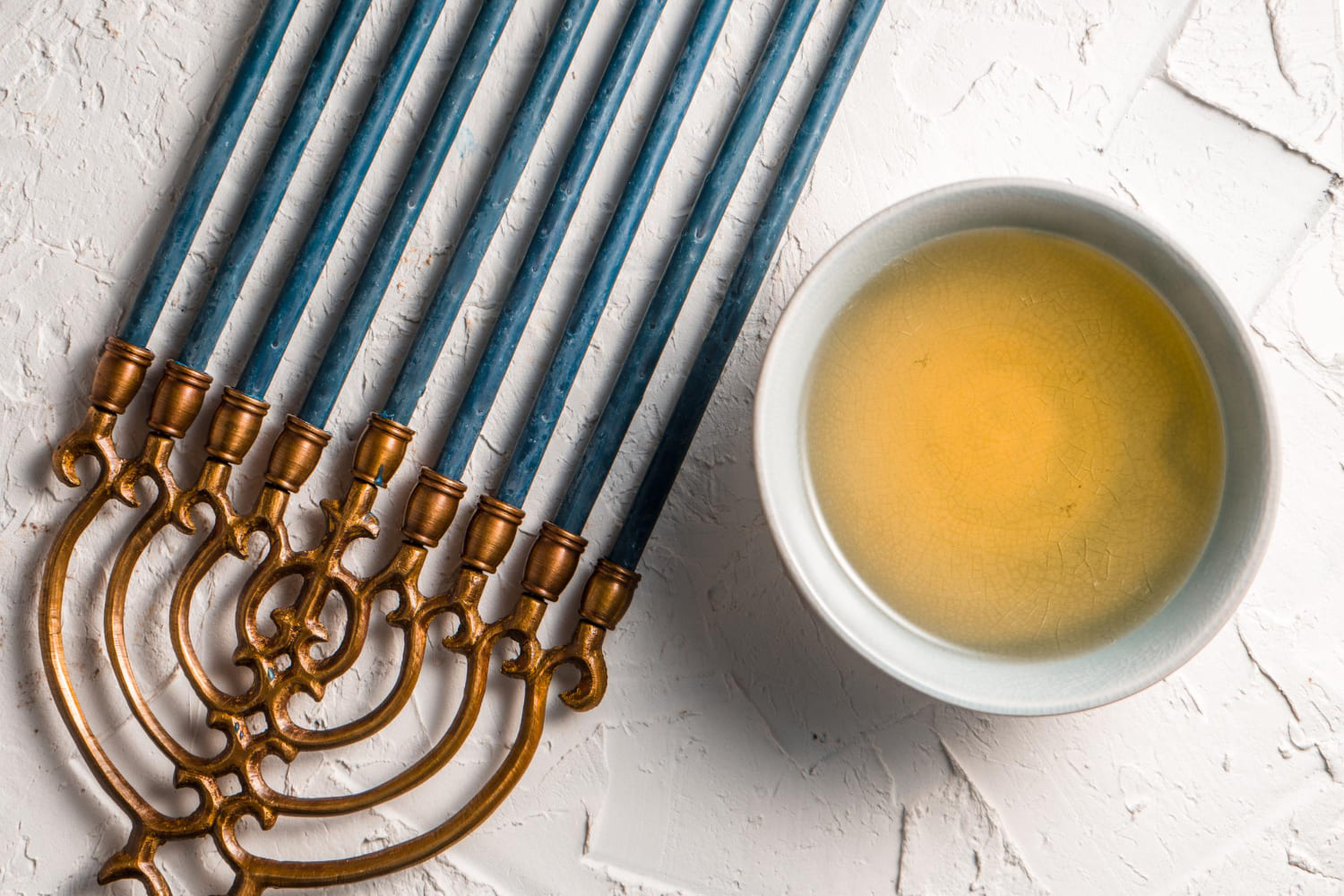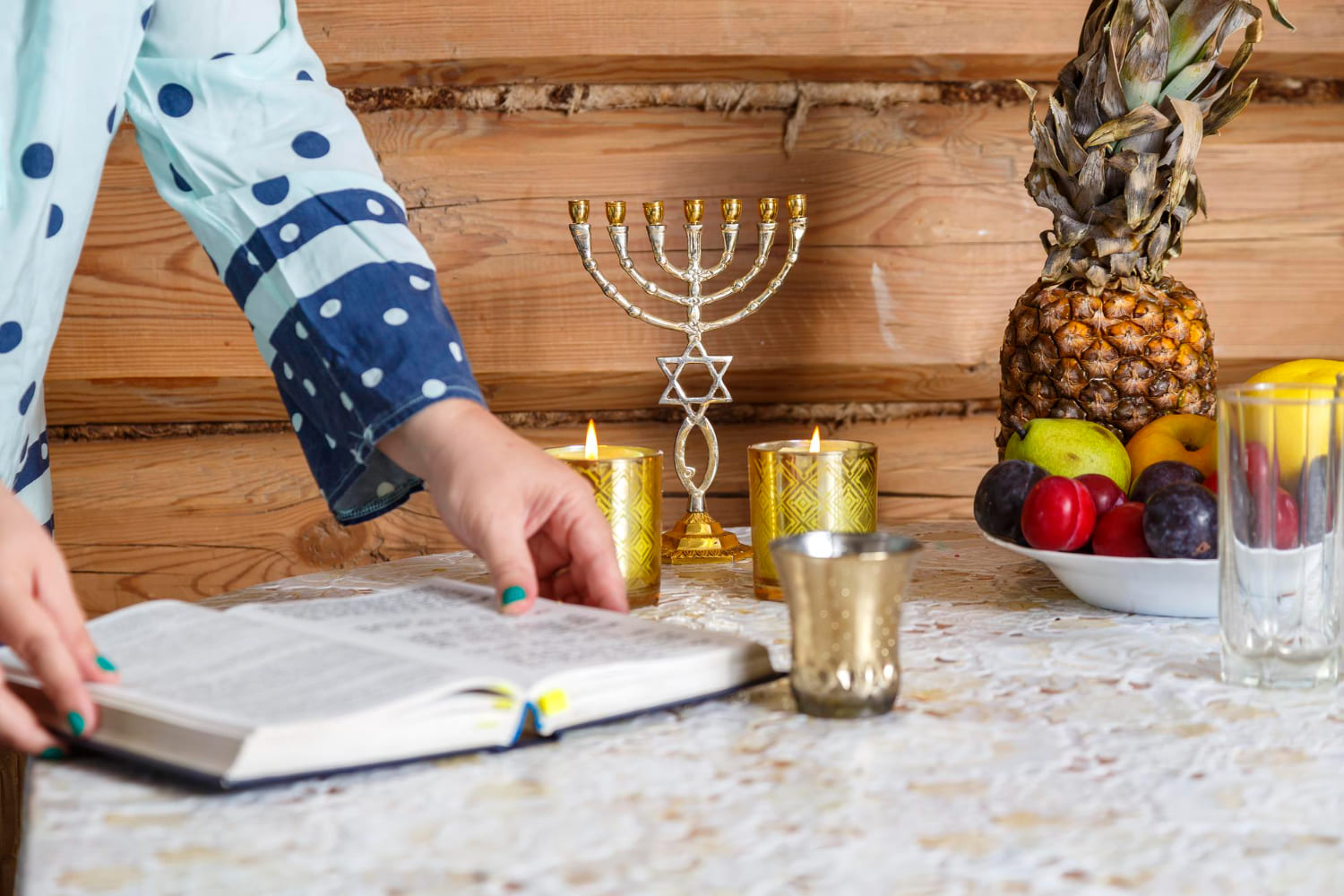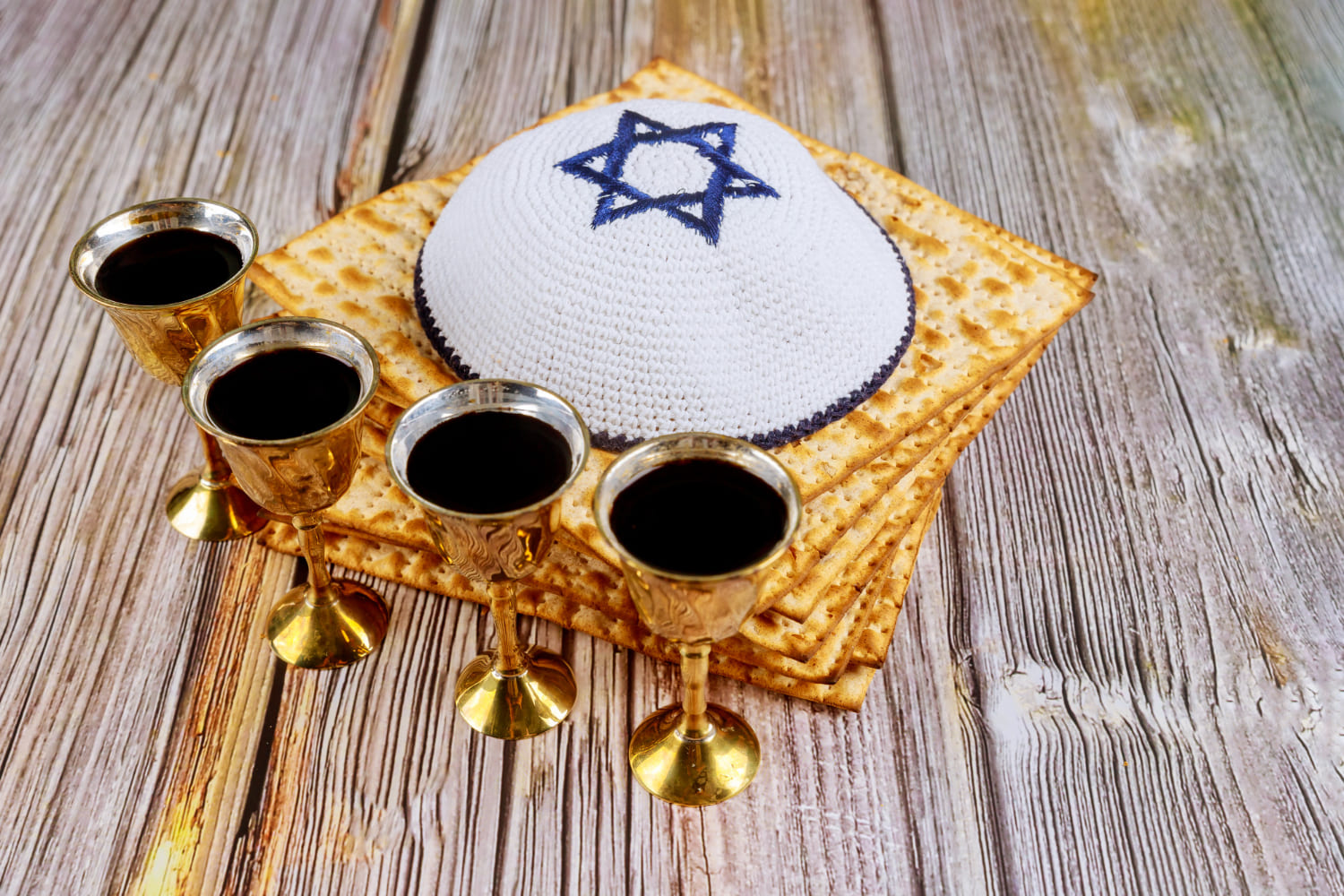Are you interested in converting to Judaism? Are you pursuing religious studies?
No matter why you’re curious, exploring the Jewish practice of “baptism” is an interesting journey into spiritual cleansing.
No, Jews do not participate in the traditional baptism ceremony, they do partake in purification rituals called tevilah which is the complete submersion of your body in naturally sourced water.
In this article, we’ll take a closer look at why Jews participate in these rituals, when these rituals take place, and how they are performed.
What Is a Jewish Baptism?
A Jewish baptism is called tevilah. It is the biblical act of full immersion into a natural, living water source. It is primarily used as a cleansing ritual at the time of conversion to Judaism.
This conversion can occur at any time in a person’s life and is not limited to young children. Tevilah is also used throughout life for continued cleansing and purification.
Tevilah is specific about the type of water used for a Jewish baptism. The ritual demands living water from a natural source such as a river or rainwater.
This water must be held in a mikvah which is a ritual immersion pool specifically used for tevilah.
While submersion in the mikvah is an ancient ritual, most Jewish people still participate regularly.
Unlike a Christian baptism that only occurs once at the time of conversion, tevilah is a lifelong practice that serves multiple different purposes throughout one’s life.
When Does Jewish Baptism Take Place?
The Jewish practice of tevilah takes place numerous times in a person’s life. Here are the most common occasions:
- The day or eve of a wedding
- Once a month after each menstrual cycle (married women only)
- During a conversion ceremony to Judaism
- During important spiritual times such as Yom Kippur or on the eve of Shabbat
- On all Jewish holidays
- After childbirth
- After seminal discharge
- Before morning prayers
Additional Reasons for Jewish Baptism During Biblical Times
Believe it or not, the above list is not comprehensive. In the olden days, tevilah was performed on many more occasions for a number of unique reasons. These include:
- Contact with a corpse or grave
- Treatment of a corpse
- Contact with an animal carcass
- Zavah (vaginal bleeding that occurs and is not associated with normal menstruation)
- Yom Kippur (the Jewish high priest, the person leading the scapegoat away, and the person who burns the sacrifices will all participate after their role in the ritual is complete)
Interesting Facts About The Jewish Baptism
- In order to enter the ritual pool, a person must be naked.
- A certain percentage of the water in a manmade mikvah must be from a natural source.
- Every pool will have seven steps down. These symbolize the seven days of creation.
- The first submersion is followed by a prayer, and then two additional submersions will take place.
- On the day of immersion, you shouldn’t eat meat unless in honor of a Jewish holiday.
- Every mikvah has an attendant to guide you through the process. There is no spiritual leader involved.
How Jews Prepare for a Baptism
There are specific body conditions that must be met before entering the mikvah.
Everyone must remove jewelry, contact lenses, false teeth, band-aids, skin lotions, makeup, false nails or eyelashes, and nail polish.
They must bathe thoroughly, including washing their hair without the use of conditioners.
They must comb all hair, smooth hard skin or calluses, and brush their teeth and floss.
Most of this preparation can occur at home, but if someone wishes to shower and comb their hair before travelling to the mikvah location, they must shower again and recomb their hair.
The reason for this repeated bathing is because they are not allowed to dry themselves before entering the pool.
This level of preparation is necessary to avoid bringing any impure materials into the sacred pool.
A white gown is worn to protect one’s modesty when entering and exiting the pool. The mikvah attendant will guide you to the pool and pronounce it kosher.
Final Thoughts
Clearly, despite the agreement between the Christian and Jewish religions on the importance of spiritual cleansing through submersion into water, the practical methods and procedures of Tevilah vary greatly from the Christian practice.
That said, the most important point remains the same: getting “baptized” is good for the soul in either faith.
